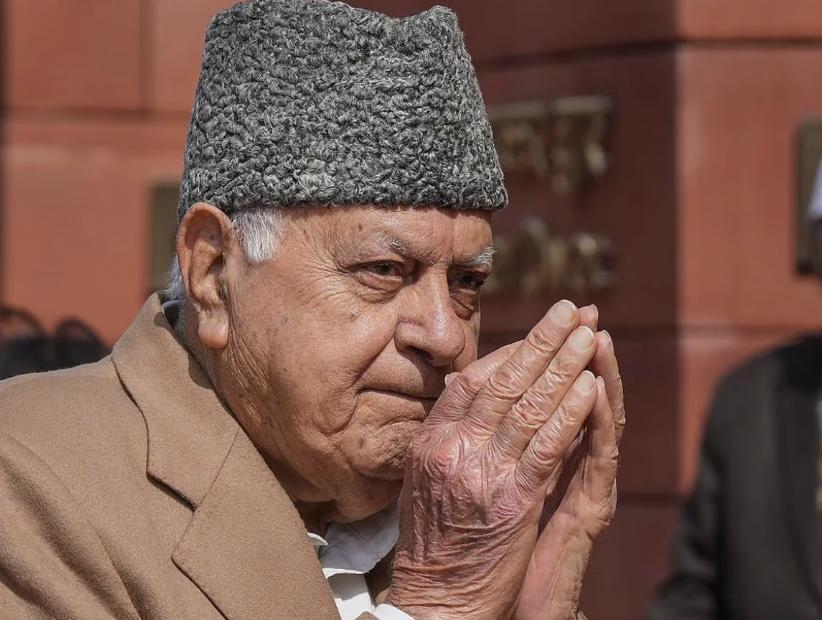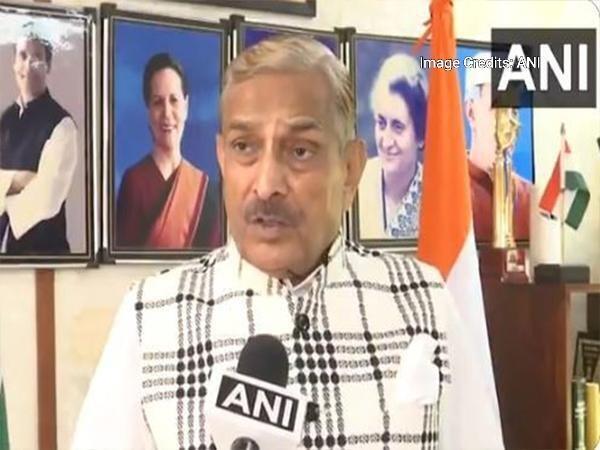
Ex-R&AW chief Dulat claims Farooq privately backed Article 370 abrogation, he denies
The abrogation of Article 370, which granted special status to Jammu and Kashmir, has been a topic of intense debate and controversy. In his new book, ‘The Chief Minister and the Spy’, former R&AW chief AS Dulat has made a startling claim that former J&K Chief Minister Farooq Abdullah privately backed the abrogation of Article 370. However, Abdullah has vehemently denied these allegations, calling them a “figment of imagination” of the author.
According to Dulat’s book, Abdullah’s National Conference (NC) suggested that the abrogation of Article 370 would have helped in passing the Bill in Parliament. Dulat, who was the R&AW chief during the UPA regime, claims that he had discussions with Abdullah on this matter, and the latter had expressed his willingness to support the move.
However, Abdullah has categorically denied these allegations, saying that they are baseless and without any truth. In a statement, Abdullah said, “I have read the book, and I must say that it is a figment of imagination of the author who claims to be my friend. I have never spoken to Dulat about this matter, nor have I ever expressed any support for the abrogation of Article 370.”
Abdullah’s denial has been met with skepticism by many, who believe that Dulat’s claims are credible given his position as the R&AW chief during the time when the abrogation was being discussed. However, Abdullah’s supporters have come out in strong defense of him, saying that he has always been a strong advocate for the special status of Jammu and Kashmir and would never support its abrogation.
The controversy surrounding Dulat’s claims has raised questions about the nature of the discussions between the government and Abdullah’s NC on the issue of Article 370. While Dulat claims that Abdullah’s NC was willing to support the move, Abdullah himself has denied any such discussions or support.
This controversy has also brought to the fore the complex web of relationships between politicians, bureaucrats, and intelligence agencies in India. The fact that Dulat, as the R&AW chief, would have had access to sensitive information and would have been in close contact with politicians like Abdullah, raises questions about the role of intelligence agencies in shaping political decisions.
The debate surrounding Dulat’s claims also highlights the ongoing controversy surrounding the abrogation of Article 370. While the government has argued that the move was necessary to integrate Jammu and Kashmir with the rest of the country, critics have argued that it has led to a loss of autonomy and identity for the people of the region.
In conclusion, the controversy surrounding Dulat’s claims highlights the complex and often murky world of Indian politics. While Dulat’s claims may be disputed, they also raise important questions about the role of intelligence agencies in shaping political decisions and the nature of relationships between politicians and bureaucrats.
Source: https://repository.inshorts.com/articles/en/PTI/5880e3bf-0a05-40d6-887a-465b5c760b3a






